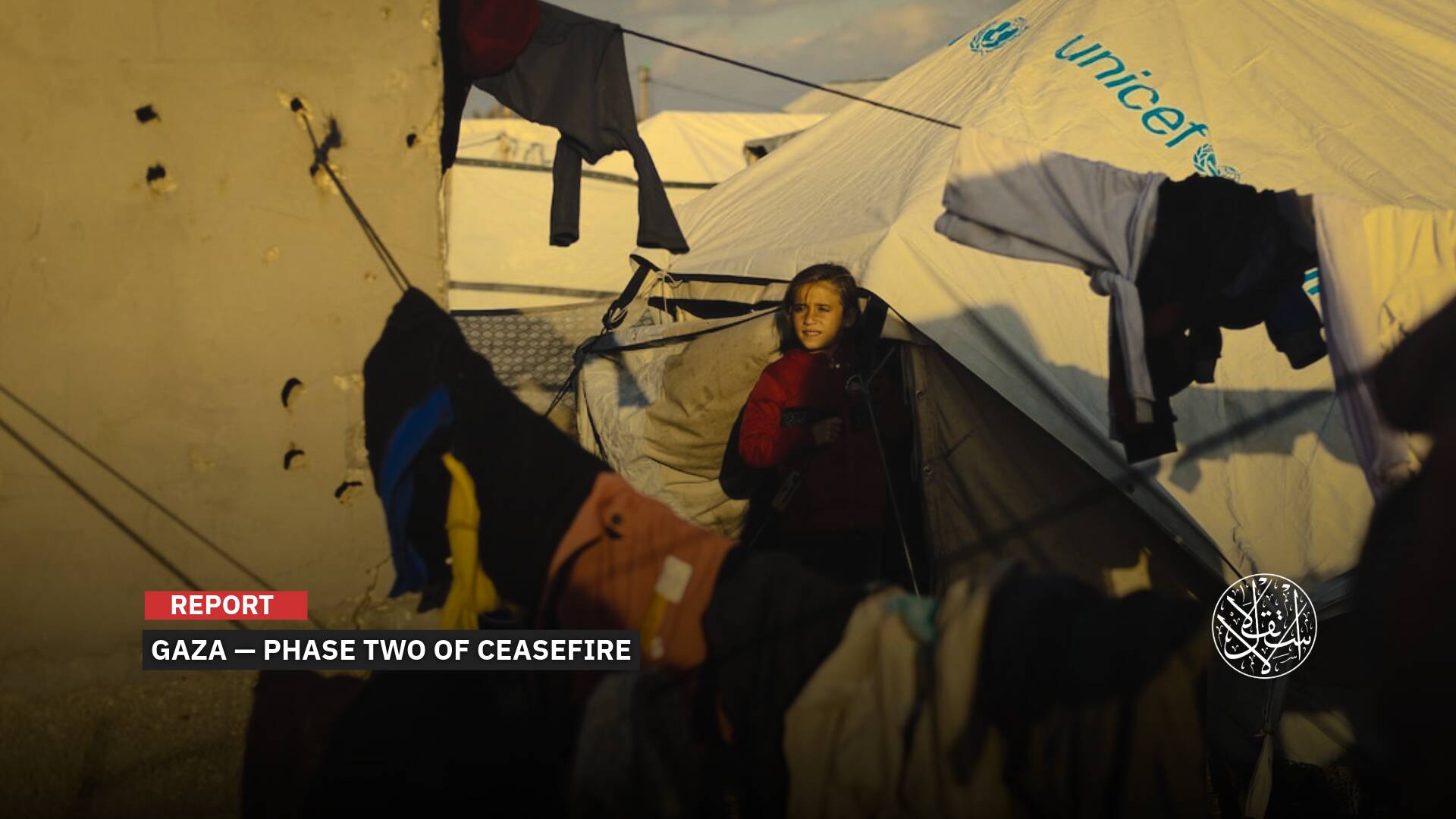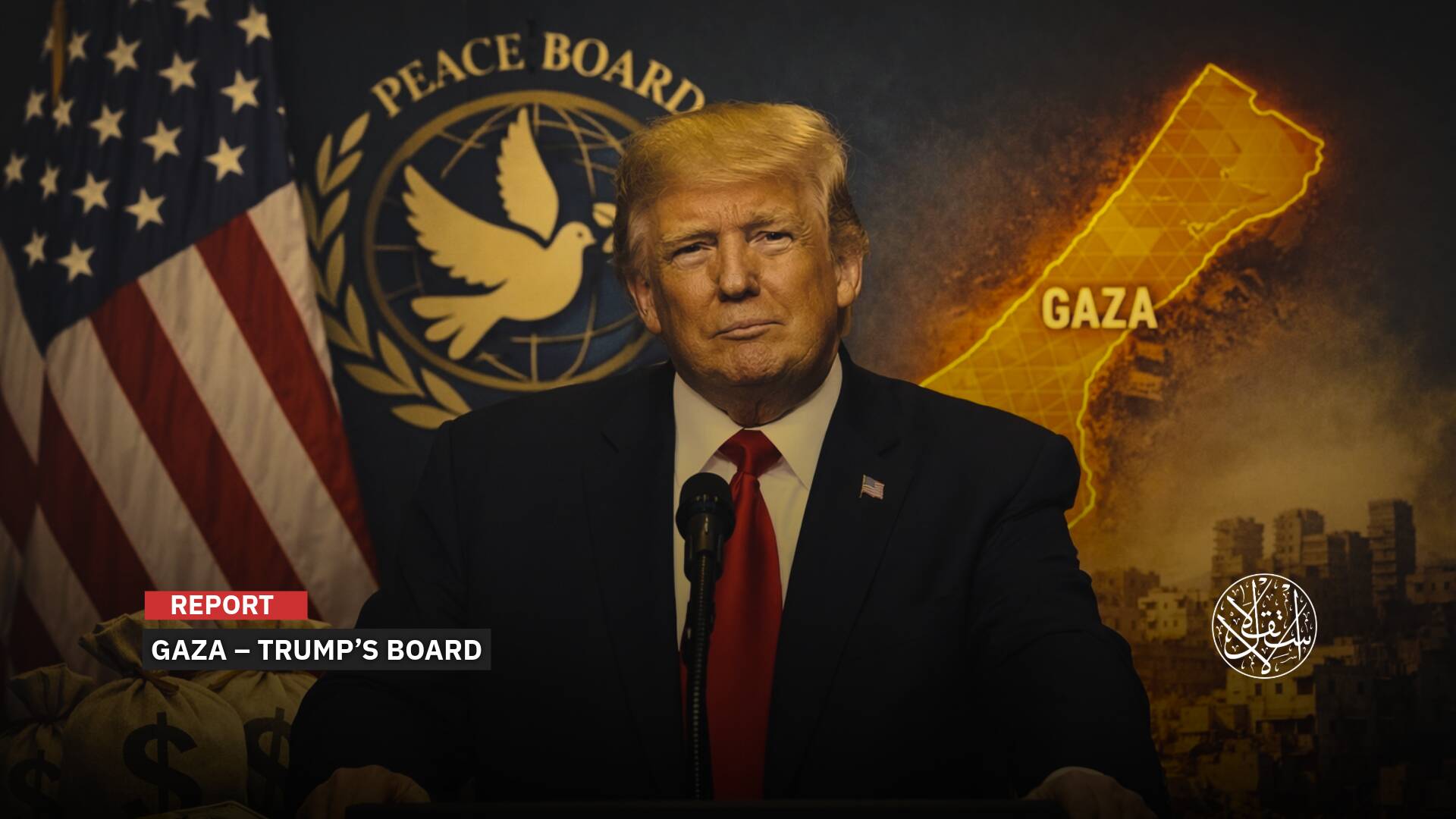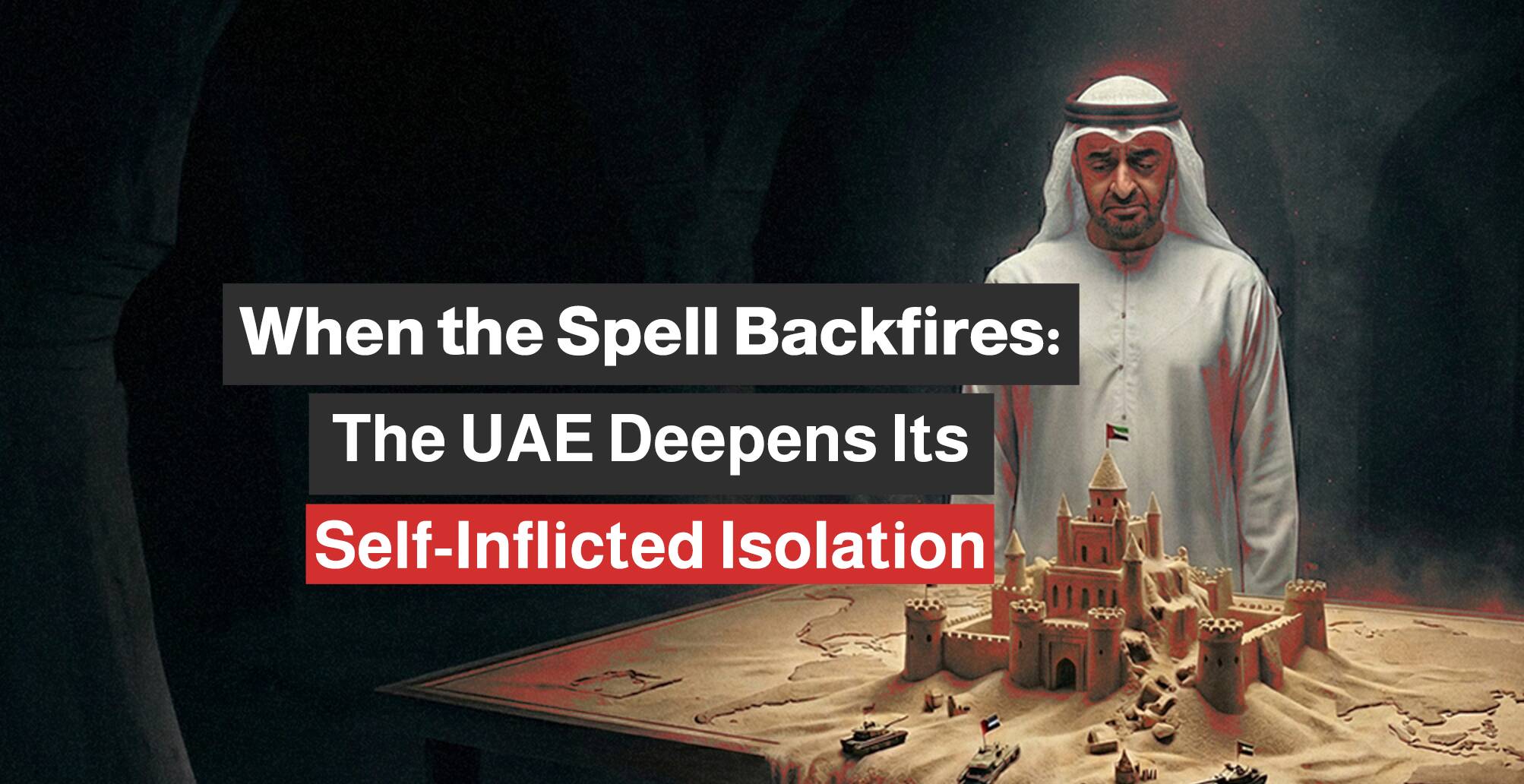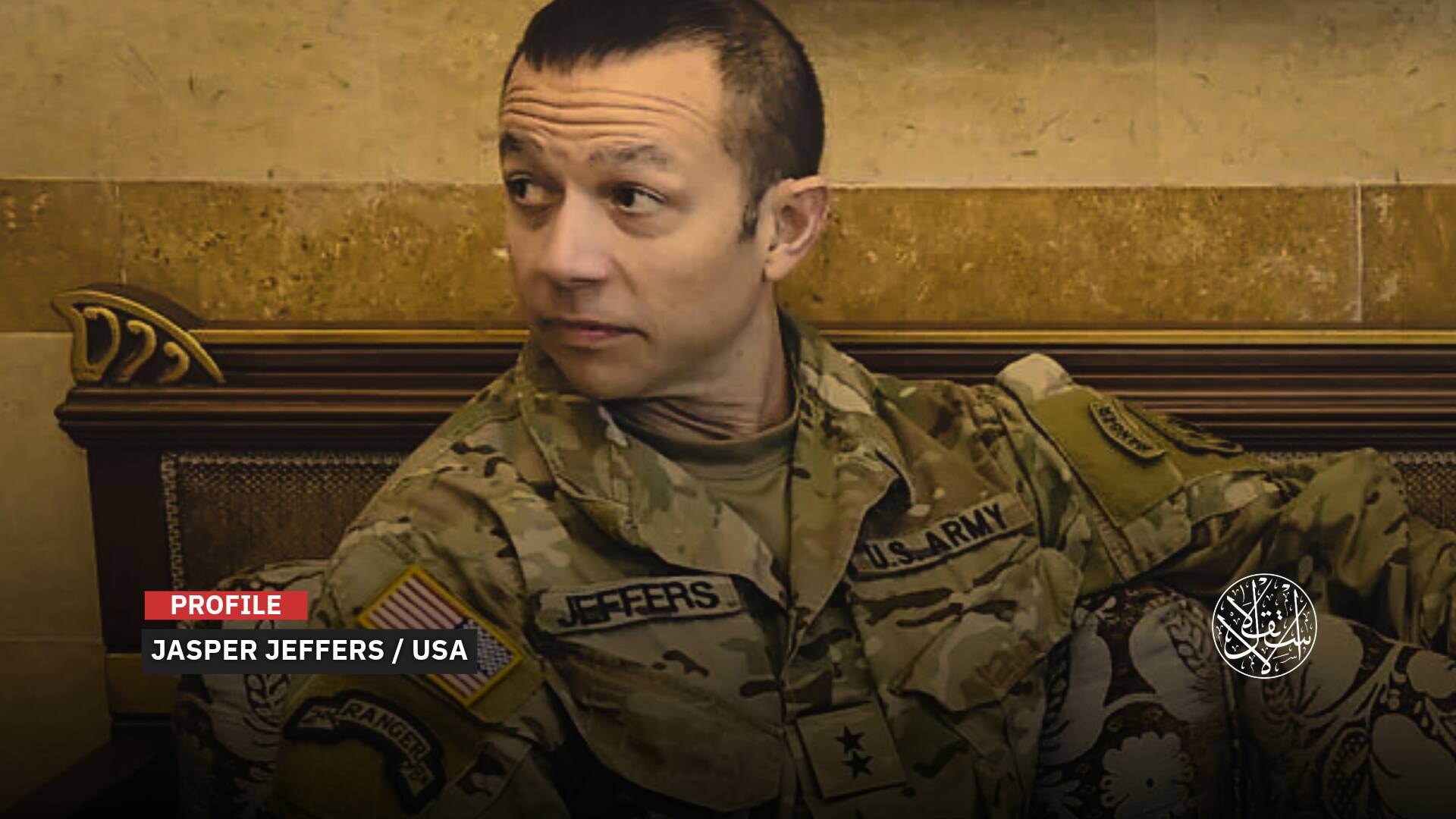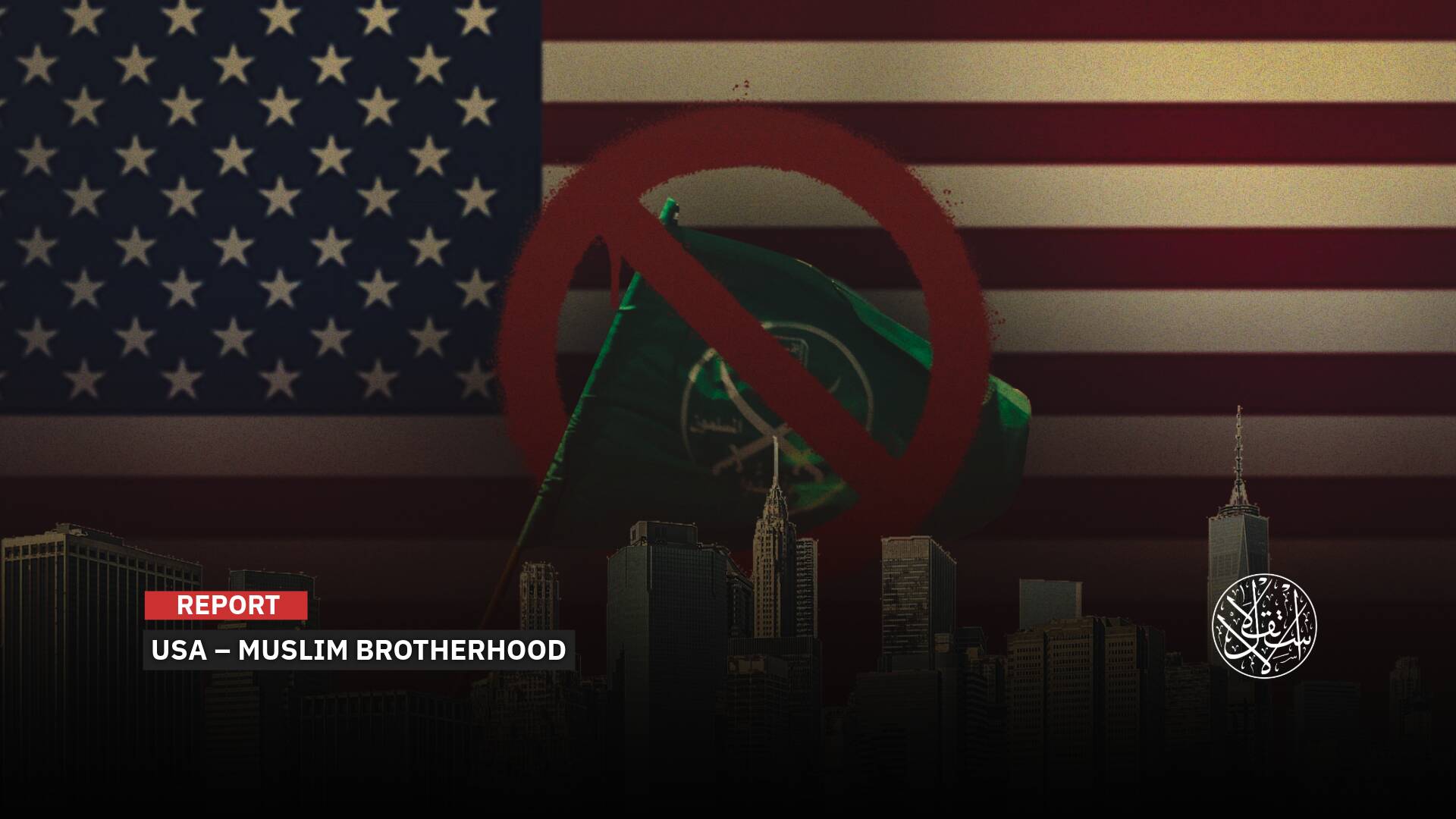How did FIFA Help the Israeli Occupation Forces Steal the Palestinian Football Team?

In 2017, FIFA decided not to vote to impose sanctions or even just urge the Israel Football Association to stop sponsoring clubs based in illegal Israeli settlements in the occupied West Bank, even though UEFA decided in 2014 to ban clubs in Crimea from playing in the Russian league after Russia took control of Ukraine in 2022.
The history of the football world system with the Palestinian cause, which is similar to the history of most international institutions in dealing with Palestine, is a history of ignorance, double standards, and legitimization of colonialism.
Before the Nakba, football paved the way for stealing the history of the Palestinians by the Zionists’ seizure of Palestinian symbols before controlling the land and fate of the Palestinians.
Identity Theft
In 1928, the Palestinian Football Association was founded and joined FIFA the following year, but ironically, it was neither Palestinian nor Arab but founded by Jewish immigrants and completely controlled by Jewish teams.
Just as Jews stole the country and its history afterward, they initially worked hard to steal all the Arabs’ symbols, and football was not immune to this approach.
At first, it was unreasonable for the new FIFA federation to join and represent only Jews in a country with an absolute majority of Arabs, and Jews came to it only a few years ago with the hospitality they did not find on the European continent.
The so-called “Palestinian” union was forced to engage Arabs symbolically but soon expelled them after its founding.
The documents of that period reveal that the Palestinians did not stand idly by in front of the Zionists’ theft of their country’s national team, as they founded the Palestinian (Arab) Sports Federation in 1931 and re-established it in 1944, but the problem they faced was FIFA’s blatant bias towards the federation that stole the Palestinian identity.

In the end, the “Palestinian” football team became represented exclusively by Jews, who at the time did not exceed a third of the country’s population, before they changed the logo and language of the Union into Hebrew and made the national anthem of the team the Zionist anthem.
However, FIFA continued to recognize this Jewish federation as the representative of Palestine on the pretext that they had applied before the Arabs to join FIFA, and Palestinian teams were unable to play with their Arab counterparts because they were not recognized and the Zionist Federation did not allow them to do so.
In its letters to the Zionist Federation, FIFA affirmed its sovereignty and that foreign teams could not play against Arab clubs in Palestine without the permission of that federation.
At the level of the World Cup, the Jewish “Palestinian” team participated in the qualifiers for the 1934 and 1938 World Cups, and the Egyptian team played against the Palestine team in the 1934 World Cup qualifiers two matches.
Although the team that the Egyptians played under the name of Palestine was made up of Jews, it easily went unnoticed: the story of the Jewish Federation’s theft of the name Palestine reflected not only a colonial reality but also the Arabs’ slow assimilation of the intentions and nature of Zionist movements.
Post-Nakba Team
After the Nakba, many Palestinian actors were aware of the importance of the struggle to recover their stolen symbols just as their stolen homeland.
The Palestinian federation continued to operate and tried again in 1951 to apply to FIFA, but FIFA’s complicit with the Israeli federation rejected the application again, this time under the pretext that the West Bank had no international legal status.
In the sixties, the Palestinians’ attempts continued, this time through the Gaza Strip, where their debates with FIFA revealed the obstacles placed by the international football system in front of them, from promises to discuss the matter to asking for extensive statistics on the extent of playing the game in the Gaza Strip (to which the Palestinians responded).
In the end, FIFA found itself obliged to explicitly state that there was no state called Palestine. Therefore FIFA’s application could not be accepted, but this did not prevent the PFA from making two more attempts in 1978 and 1989. Still, FIFA continued to refuse to accept Palestine on the grounds that Palestine had no international legal status.
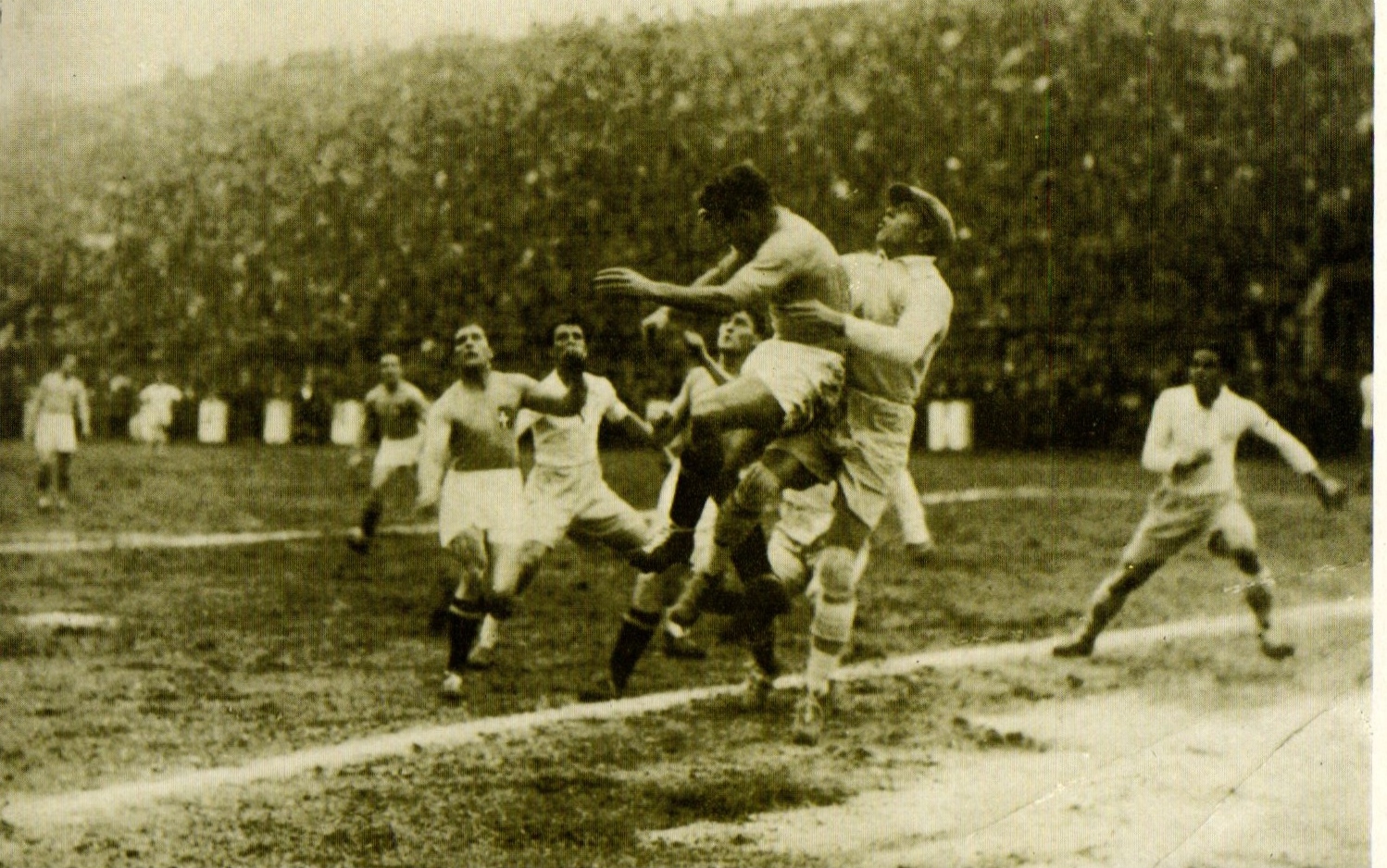
Palestine was admitted as a member of FIFA only after the Oslo Accords and the return of the Palestinian Authority to the country in 1994 when Palestinian membership was finally accepted in 1998 with the recognition of the principle of separation of the diaspora
In the 2012 war, the Israeli Occupation bombed the Palestine Stadium in Gaza, the building of the Palestinian Olympic Committee, the Football Association, Yarmouk Stadium, al-Shams Club, al-Shuhada Club, Ahli al-Nuseirat Club, Rafah Stadium, and other sports targets. In addition to Palestinian football players who were permanently disabled in the return marches as a result of the Israeli Occupation’s bullets, a targeting that indicates a clear awareness of the importance of obstructing the Palestinian sports process.
However, despite all the obstacles imposed by the Israeli Occupation authorities to the renaissance of Palestinian football and sports in general so far, the results of the Palestinian team are going from good to better if the pressing social and economic conditions surrounding the team at all levels are taken into account.
The team qualified for the 2023 Asian Championship for the third time in a row after topping its group in the qualifiers for the tournament while the dream of playing in the World Cup finals still haunts the Palestinians, but it remains a postponed dream, just like all the dreams that the Occupation has held for a while.



